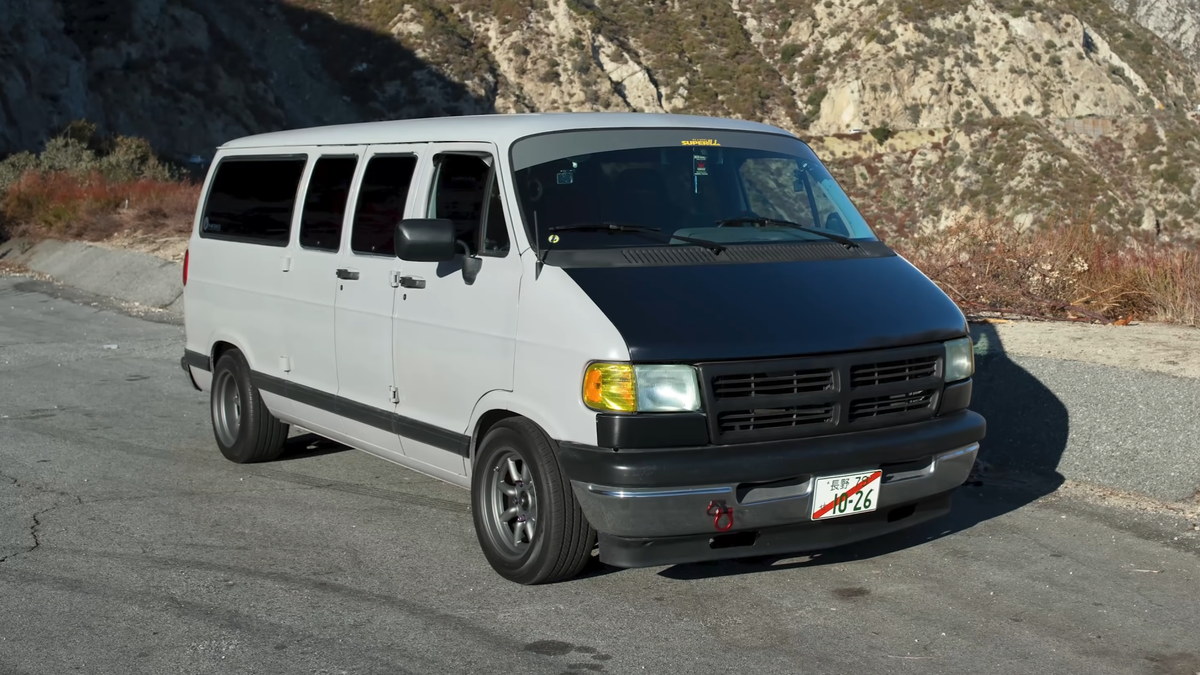For at least the last few years, the idea of an Apple-built and branded automobile seemed plausible, if not totally possible. Apple is known almost exclusively for its clean designs, competent user interfaces, and at least the facade of quality, if not the genuine article. Why shouldn’t the computer company build a car? Cars are basically four-wheeled computers anyway. After announcing a few weeks ago that Apple had given up on its multi-billion dollar automobile boondoggle, it has come to light, thanks to reporting from Bloomberg, that the fruit computer was building a damn van! There aren’t nearly enough cool vans out there in the world, so to lose one before it was even born is all the sadder.
Project Titan, which kicked off in 2014, was always destined for the scrap heap, it seems. With Apple executives simultaneously trying to beat on the might of Tesla’s EV first mover advantage while taking on the autonomous vehicle behemoth Waymo. If the company had managed to settle on one (the EVs) it possibly could have succeeded. Making it a transportation blob with no steering wheel and Siri controls was where Apple took a wrong turn (they were probably using Apple Maps).
Here’s what the van was supposed to look like, according to Bloomberg:
The Apple car’s circa-2020 design resembled the Canoo Lifestyle Vehicle — a futuristic van with rounded edges — but it had dark black windows with an adjustable tint. There was all-glass sunroof, a pure white exterior and whitewall tires with a black center. The front and back were identical, so it would always look like you were driving forward. It looked like no other mass-produced vehicle — and was optimized for full, Level 5 self-driving.
Though the car’s interior changed several times, the general idea was a minimalist interface — combined with seats you’d normally see on a private jet or a limousine. Inside, it felt like you were essentially in a “contoured bubble,” I’m told. This incarnation of the car could comfortably accommodate four people, with the seats being able to shift between normal chairs, recliners and foot rests.
An earlier version of Apple’s design resembled a Volkswagen Type 2 “microbus” and the folks working on the project affectionately called it “Bread Loaf” because of its loaf-like shape. This was well before Volkswagen finally committed to building the modern EV ID Buzz. Based on the timeline provided in the Bloomberg article, this would have been after VW had unveiled the 2001 Microbus concept and the 2011 Bulli concept, but before the BUDD-e concept in 2016 or the 2017 ID Buzz concept.
The final iteration of Project Titan saw Apple abandon the idea of Level 5 autonomy in favor of a more Level 2-style system which required the re-introduction of pedals and a steering wheel. To keep excitement high for the loaf on wheels, the company added a set of Tesla Model X-style upward-opening doors. How frickin’ cool would it have been to see an electric van with a competent suite of driver-assist features and billionaire doors?
And if the news about a now-dead van project wasn’t enough to bum you out on a Friday, Apple says the cancellation of its automotive project has allowed it to free up resources to focus on generative AI. Gross.

